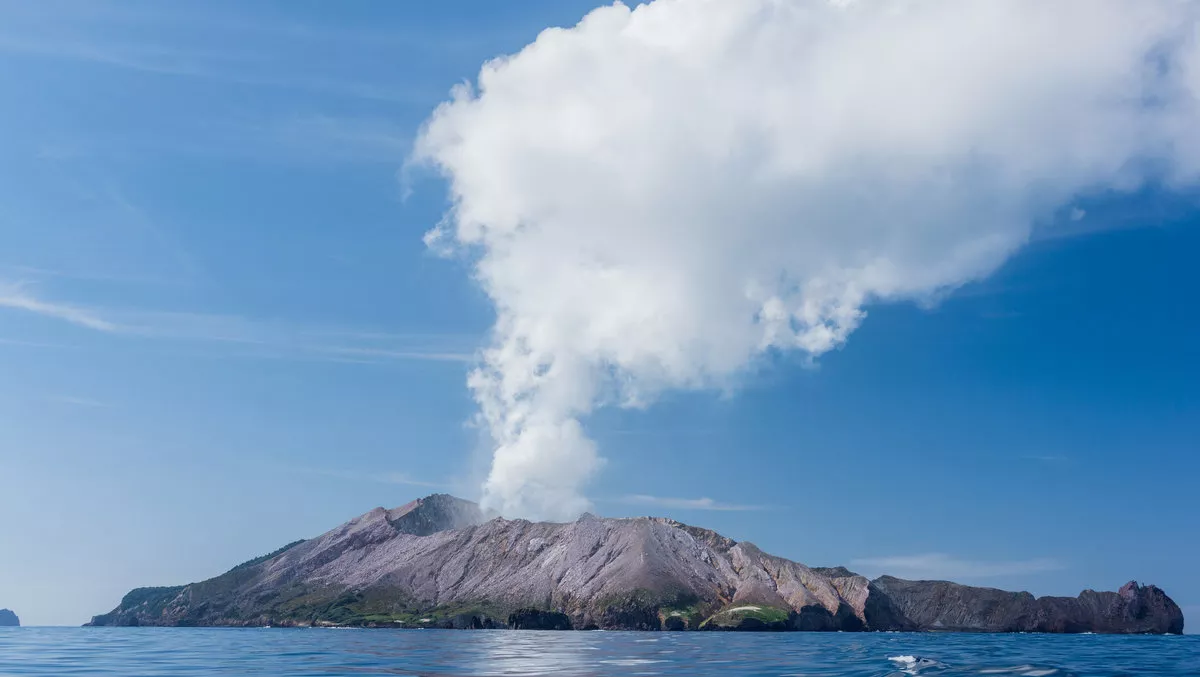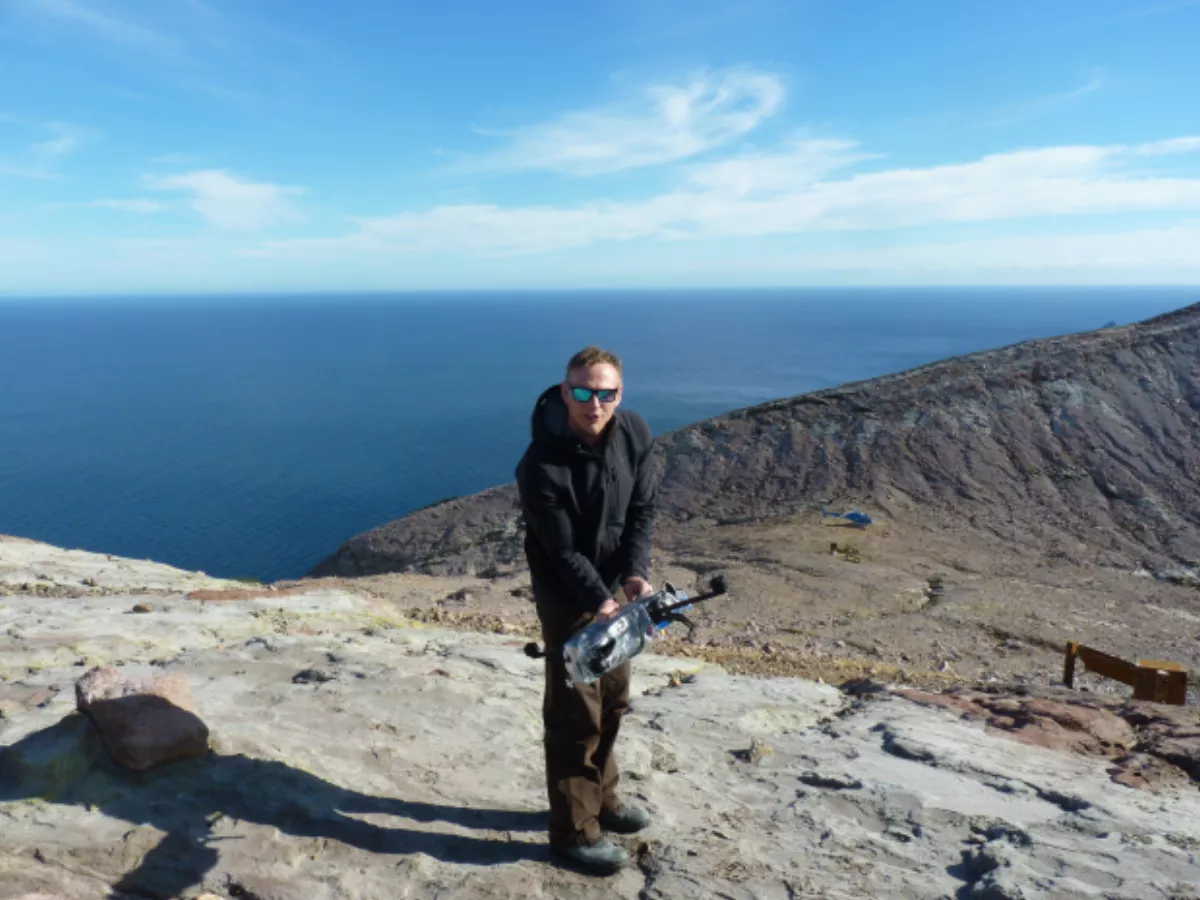
Heavy duty drones could be key to predicting future eruptions
The Earthquake Commission says heavy-duty drones are helping scientists to understand about volcanoes located in New Zealand and the wider Pacific.
A Wellington-based research team led by Victoria University of Wellington's Dr Ian Schipper, received an EQC Biennial Grant to help him study volcanic gas emissions and how they could indicate potential eruptions.
He and his team developed specially reinforced drones that collected gases from inside White Island's volcanic plume. The drones have to battle some pretty toxic environments, explains Dr Schipper.
"Until now it's been impossible to get a sample from right inside the plume where all the action is - and before the gases have changed as they travel through the air. The inside of the plume is not just hot, it's also highly acidic so our drones have to be very tough to deal with the conditions.
The drones also fill up a bag full of gas so the research team can get enough data.
"There are a lot of people wanting to measure and study carbon dioxide coming out of volcanoes, but teams have been having difficulty getting the samples from right inside the plume. We are now sharing our system that directly takes bags of the gases and brings them back for analysis," says Dr Schipper.
The team's technology has gained international interest from volcanologists around the world – already the team has gained funding to sample gas emissions from some of the world's most inaccessible volcanoes in places like the Melanesian section of the Pacific Ring of Fire – Vanuatu, Solomon Islands, and Papua New Guinea.
"As with White Island in New Zealand, this is a really volatile area that could produce an eruption that affects the whole region," says Schipper.
"In the next project we will use these drones to study the volcanoes, and also develop submersible devices to study undersea volcanoes. Once we add the next layer of instruments we are working on, we expect to get even more valuable and more sophisticated data than we get at the moment.
EQC's director of resilience strategy and research, Dr Jo Horrocks, says this research is important to a country like New Zealand.
"It's also wonderful to see how the team's knowledge is already being shared worldwide to build further scientific knowledge for everybody," says Dr Horrocks.
EQC funds $16 million of research and data annually to reduce the impact of natural disaster on people and property.



